Your comms strategy was already weak. AI just made it obvious.
For years, organisations have defined themselves by what they do:
“We advocate for…” “We provide…” “We deliver…”
But in the age of generative AI, the question is no longer what you do. It’s who you are. (You should have been able to answer that question years ago, of course, but now there is no way around it.)
AI may be able to replicate content, automate tasks, generate policy drafts, even simulate tone, if you don’t mind the repetitive sentence structures and endless em dashes.
But what it cannot replicate, at least not yet, is conviction, care, lived experience, and the messy, vulnerable clarity of being human.
So the new leadership challenge isn’t “how do we use AI?” It’s: How do we maintain visible?
In Brussels, identity has always been complex.
Most organisations try to find compromises and get things done without offending anyone. Many struggle to articulate their position until someone else attacks it.
That was risky before. Now it’s an existential problem.
Because in a world of a tsunami of sameness, and endless content with the click of a button, attention is shrinking, only clarity cuts through. If your organisation can’t express who it, what it stands for, why it matters, who it serves, you won’t just be misunderstood. You’ll be invisible.
And if you’re invisible to people, you’re invisible to AI. Which means you get left out of the next round of influence, relevance, and trust.
So what should you do?
Start here:
1. Get clear on what you actually stand for.
Not just your goals or outputs, but your deeper reason for existing. What would be lost if you disappeared? If you can’t answer that, AI won’t either.
2. Make your knowledge visible.
Your teams know things AI doesn’t. Make it findable. Summarise it. Give it shape. For meaning. For visibility in AI-driven search, clarity is strategy.
3. Speak like a human.
Drop the Brussels buzzwords. Talk like people talk. It’s how you’ll stand out, and how machines will start quoting you instead of those who believe the opposite.
4. Don’t replace your communicators. Multiply their impact.
LLMs are not replacements for strategic minds. They’re force multipliers. Use them to scale the voice of the people who get your nuance, not to drown them out.
5. Be brave enough to lead with your imperfections.
Polished perfection is boring. People and AIs alike learn to trust you when you tell the truth, even when it’s complicated. Vulnerability builds presence.
This is not a comms issue. It’s a leadership issue.
Because if you don’t decide who you are, someone else, or some system, will.
And it’s hard to stay relevant in Brussels if no one can find you, explain you, or believe you.
The age of AI will no longer tolerate a weak communication strategy.

